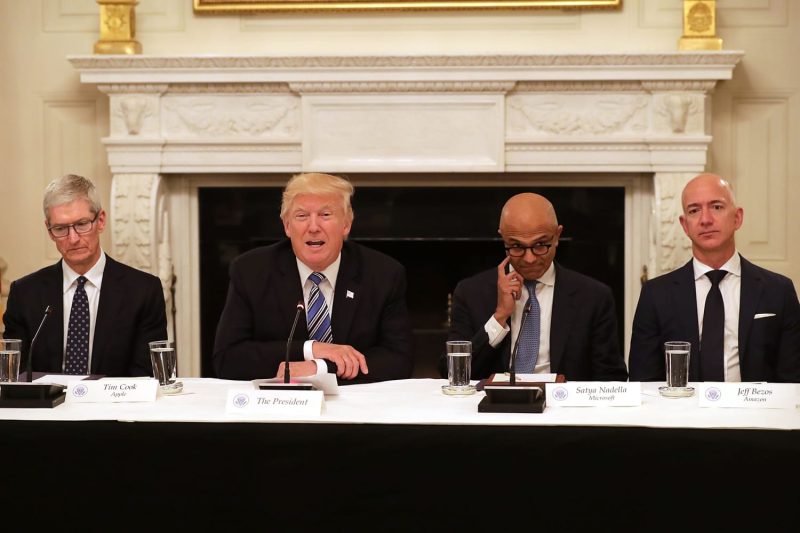The election of Donald Trump as President of the United States has left many wondering how his business background will influence his administration’s economic policies. Wall Street analysts and investors believe that Trump’s presidency could potentially unlock new opportunities for deal-making, resulting in a surge of mergers and acquisitions in various industries.
One of the key reasons cited by Wall Street for their optimism is Trump’s pro-business stance and promises to cut corporate taxes and regulations. His background as a real estate mogul and his experience in deal-making have led many to speculate that his administration will be favorable towards business expansion and consolidation.
Furthermore, Trump’s campaign promises to invest in infrastructure and boost economic growth have also fueled expectations of increased deal activity. The potential for massive infrastructure projects could provide a significant opportunity for companies in construction, engineering, and related sectors to engage in mergers and acquisitions to capitalize on these projects.
The uncertainty surrounding Trump’s policies and their potential impact on various industries has also created a sense of urgency among businesses to take advantage of any favorable conditions that may arise. Many companies are looking to position themselves strategically through mergers and acquisitions before any new policies are implemented.
In addition to domestic deal-making opportunities, Trump’s presidency could also impact cross-border M&A activity. His protectionist rhetoric and America-first agenda have raised concerns about the future of international trade agreements and foreign investments. As a result, companies may look to consolidate their positions or seek new partnerships to navigate potential changes in global trade dynamics.
However, despite the optimism surrounding deal-making under Trump’s presidency, there are also risks and challenges that companies need to consider. The unpredictability of his administration’s policies, the ongoing trade tensions with major economies, and the potential for regulatory scrutiny could all impact the success of mergers and acquisitions in the coming years.
Overall, while the outlook for deal-making under President Trump appears promising, businesses will need to carefully assess the risks and opportunities presented by his administration’s policies to make informed decisions about pursuing mergers and acquisitions in the evolving economic landscape. Wall Street will continue to closely monitor developments and adjust their strategies accordingly to capitalize on potential opportunities in the market.
